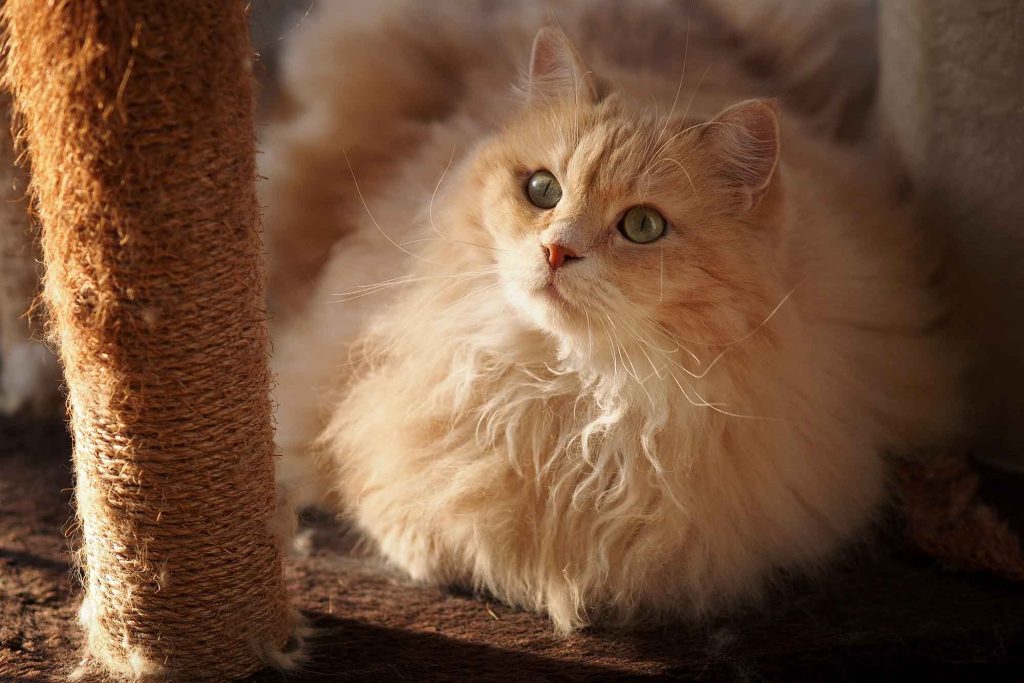The Wonderful World of Hairballs! Your Questions Answered
 It’s a rare cat owner who gets away without cleaning up a hairball or two (or many, many more). Most feline fanciers are more than familiar with the telltale low hacking sound that accompanies a soggy, hairy, unidentifiable mess on their couch, bed, or new cashmere sweater.
It’s a rare cat owner who gets away without cleaning up a hairball or two (or many, many more). Most feline fanciers are more than familiar with the telltale low hacking sound that accompanies a soggy, hairy, unidentifiable mess on their couch, bed, or new cashmere sweater.
Have you ever wondered why cats produce hairballs? Is it normal? Is it healthy? Can anything be done to stop–or at least reduce–the amount of hairballs produced? Look no further; your friends at Oakland Veterinary Referral Services have everything you’ve ever wanted to know about hairballs right here!
What Is a Hairball?
Your cat swallows a good amount of fur as he or she carefully grooms that lush coat. Cat fur is not digestible, even by cats, so the hair will eventually collect in the digestive tract, where it forms a hairball (also known by the scientific term “trichobezoars”.
Hairballs are not actually ball shaped; rather they are cylindrical, taking the shape of the cat’s esophagus as they are regurgitated. Long-haired cats are more prone to hairballs, although no cat is immune.
Can Hairballs Be Prevented?
You may not be able to completely prevent hairballs, but you can help to cut down on their occurrence in the following ways:
- Daily brushing can help to remove excess hair, as well as a trip to the groomer for long-haired cats.
- Petroleum based hairball remedies (usually in a gel or paste form) can be effective in helping hairballs to pass more easily through the digestive tract. Please contact us for recommendations.
- Specially formulated cat foods can help reduce shedding and work to prevent or control hairballs.
- Cat grass is easy to grow, nontoxic, and can help your indoor kitty to pass hairballs.
Are Hairballs the Reason My Cat Is Coughing or Vomiting?
Not necessarily. While some amount of coughing or vomiting can accompany the passing of a hairball, coughing or vomiting may also signal an underlying health concern.
When Should I Worry?
Most cats will produce a hairball about every other week or so. If your cat is coughing or vomiting more often than that, it may indicate a more serious health concern, such as:
- Parasites
- Intestinal blockage
- Pancreatitis
- Exposure to a toxin
- Allergies
- Inflammatory bowel disease
- Kidney disease or another metabolic disorder
Call your veterinarian if your cat is experiencing excessive coughing or vomiting, especially if combined with any of the following symptoms:
- Changes in appetite or thirst
- Lethargy
- Blood in stool
- Constipation
- Diarrhea
Please don’t hesitate to contact us with your questions or concerns about hairballs!


